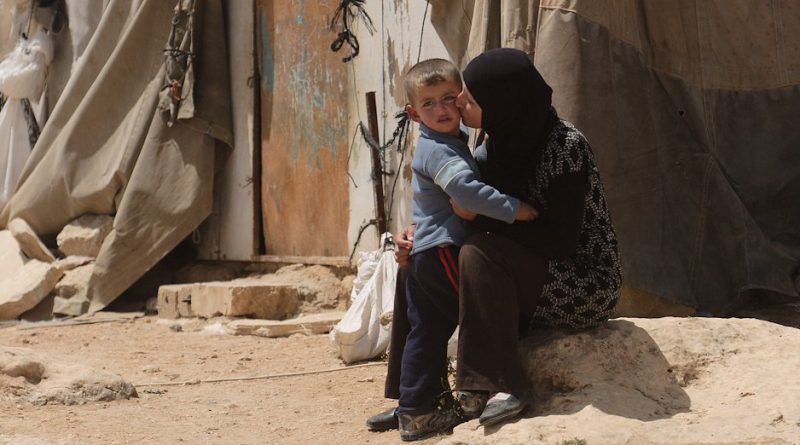Now Reading: Indus Waters Treaty: India and Pakistan hold talks
-
01
Indus Waters Treaty: India and Pakistan hold talks
Indus Waters Treaty: India and Pakistan hold talks
India and Pakistan have submitted themselves to the World Bank for the second time in two months, to help resolve a dispute over their respective interpretation of the Indus Waters Treaty, signalling a softening of Prime Minister Narendra Modi’s tough line on Pakistan. The presence of Deepak Mittal, joint secretary in charge of the Pakistan desk in the Ministry of External Affairs, in the delegation led by Water Resources Secretary Amarjit Singh is significant. The World Bank-brokered water talks with Pakistan are taking place over Thursday and Friday, in Washington DC. Since the Pathankot and Uri attacks last year, Delhi has discouraged any kind of dialogue unless cross-border terrorism comes to an end. Reacting to India’s participation in the talks, Bimal Patel, member of the National Security Advisory Board (NSAB) and Law Commission, told The Indian Express that he “doesn’t know what the government’s intention is, but it is uncalled for to participate in such meetings to perpetuate a third party role”.
Patel said he was speaking in his personal capacity. The five-member NSAB is led by National Security Advisor Ajit Doval. “I don’t know why we are going to the World Bank. We should not go to the World Bank. I fail to understand why they (the government) are doing this, inviting the World Bank to play a role which should not be there,” said Patel. The dispute is over the construction of two hydroelectric plants on the Kishenganga (330 MW) and Ratle (850 MW) tributaries of the Jhelum and Chenab respectively. Pakistan complained that India was violating the 1960 Indus Waters Treaty, signed under the aegis of the World Bank because it was given unrestricted use of the waters of the two “Western Rivers” in the Indus system under the treaty.
But the treaty also allows other “uses”, including the construction of hydroelectric plants. India has taken this to mean that it can not only construct the Kishenganga and Ratle dams but also several other projects, such as the 1000 MW Pakal Dul, 120 MW Miyar and 48 MW Lower Kalnai on various tributaries of the Chenab. Pakistan objected and asked the World Bank to set up a Court of Arbitration; as the upper riparian state, India was not adhering to its treaty obligations, Pakistan said. India, meanwhile, requested the World Bank to appoint a neutral expert to look into the matter.
Bank spokesperson Elena Karaban told “The meetings between India and Pakistan on the technical issues of the Indus Waters Treaty are taking place in Washington, DC on September 14-15. These meetings are a continuation of a discussion on how to safeguard the treaty for the benefit of the people in both countries.”








